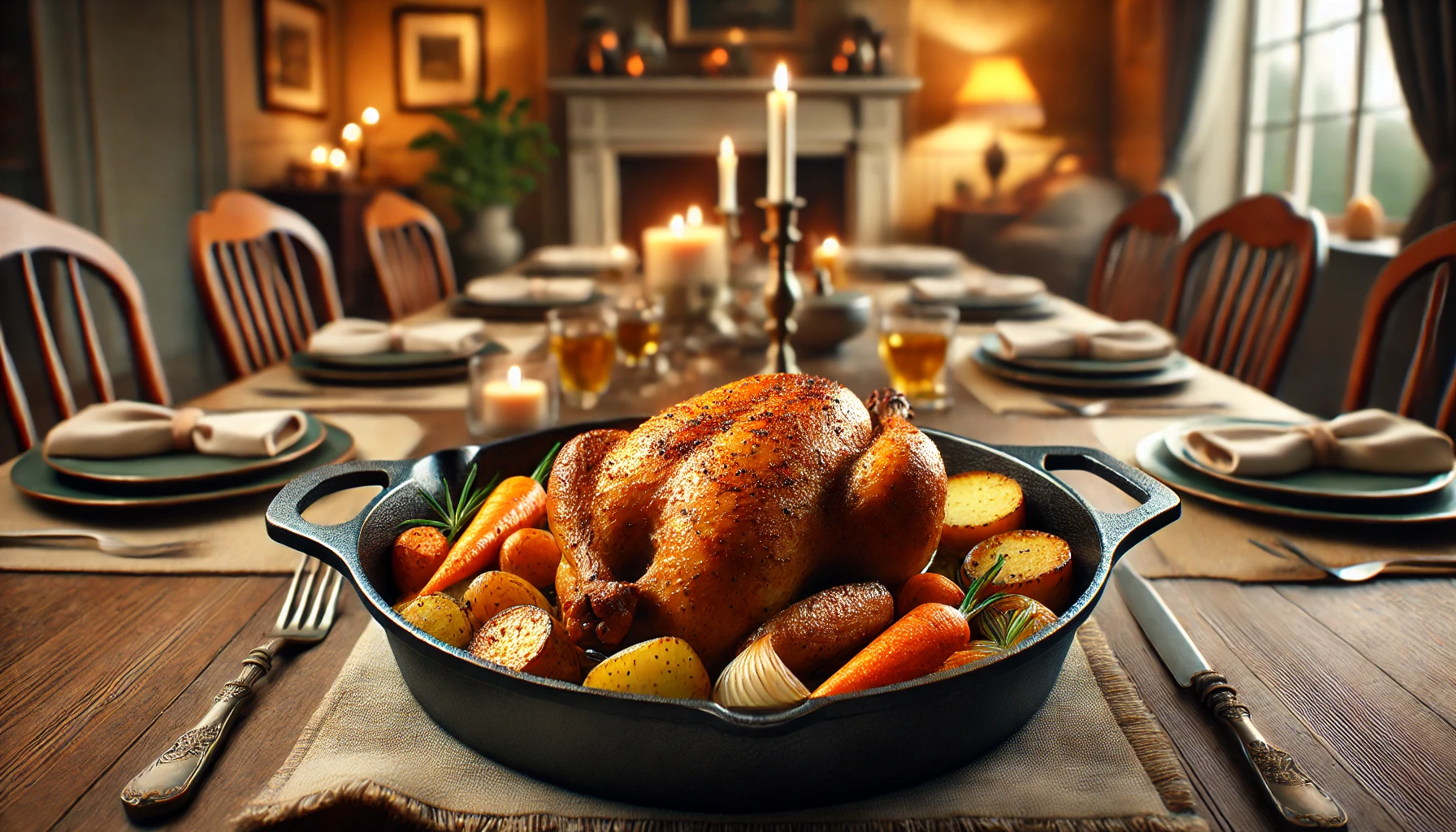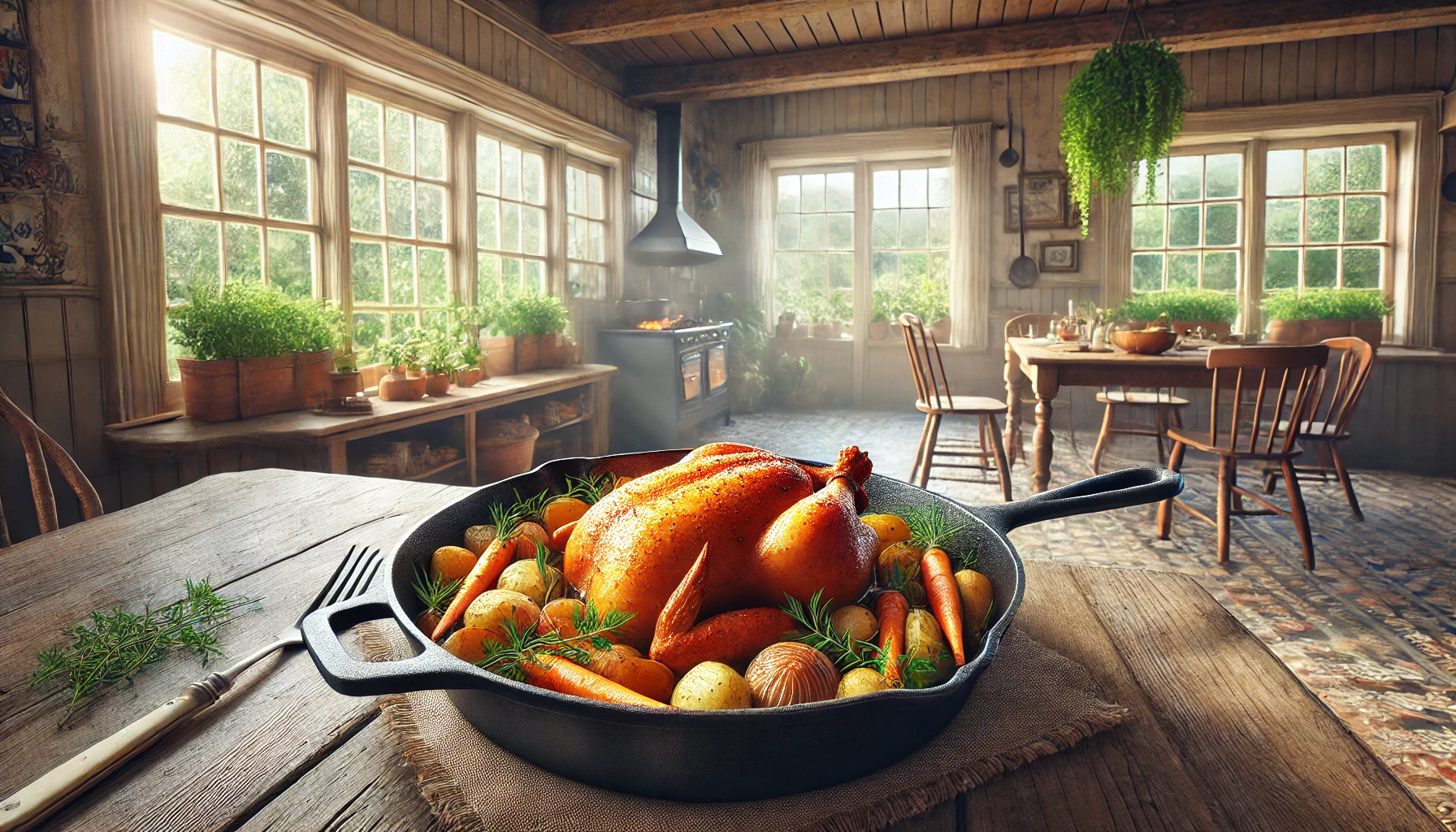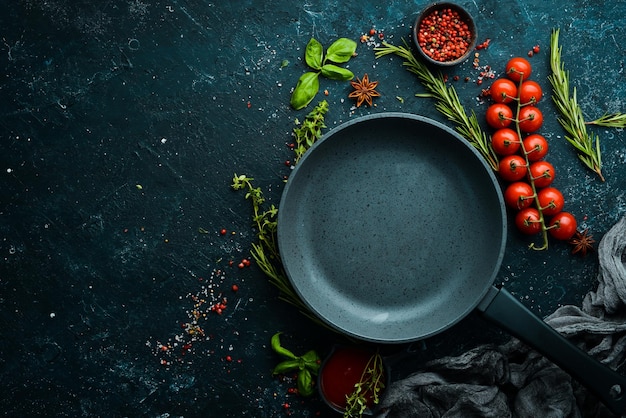Cast iron skillets are versatile and treasured kitchen tools. Yet, not every dish is suited for them. In this extensive guide, we’ll delve into what not to cook in a cast iron skillet and why each might pose a challenge. Our tips will ensure your food remains delicious and your cast iron skillet stays in terrific condition. Whether you’re a homeowner or renter, understanding these nuances can make all the difference in your cooking experience.

The Importance of Maintaining Cast Iron Skillets
Before diving into specific foods, it’s crucial to understand why maintaining your cast iron skillet is important. Regular care keeps it from rusting and ensures the non-stick surface remains effective. Learn more about cleaning your cast iron after use.

Acidic Foods
Tomato-Based Sauces
The high acidity in tomato-based sauces can eat away the seasoning of your cast iron skillet, leading to a metallic taste in your food. Instead, opt for a stainless steel pan for such dishes.
Citrus Dishes
Lemon reductions or lime-infused recipes are a bad match for cast iron. The acidity can break down the skillet’s seasoning, leaving your dish with unwanted flavors.

Delicate Fish
Fish like tilapia or sole are too delicate for a cast iron skillet. They can easily stick and break apart, ruining your meal. Check out our recommendations for best cast iron cookware for other food types.

Sticky Foods
Eggs
While well-seasoned cast iron skillets can handle fried or scrambled eggs, incomplete seasoning can lead to sticking. For hassle-free egg preparation, consider non-stick pans.
Rice and Risottos
Sticky foods like rice or risottos can become problematic, especially if the skillet isn’t well-seasoned. The grains might stick to the surface, creating a mess.
Dairy-Based Dishes
Cheese-Based Sauces
Dishes with lots of cheese, like mac and cheese, can stick to the skillet’s surface. This can result in a challenging clean-up process and potentially damage your skillet’s seasoning.
Sugary Foods
Caramel
Making caramel or similar sugary dishes in a cast iron skillet can be difficult. The sugar can bond to the skillet and become almost impossible to remove.
Fried Foods
Deep Frying
Cast iron skillets can handle shallow frying well, but deep frying can be risky. The weight and shape of the skillet can make it dangerous for deep frying, potentially leading to accidents.
Highly Odorous Foods
Garlic
Cooking large amounts of garlic can leave lingering odors in your cast iron skillet. These smells can transfer to your next meal, making it less enjoyable.
Important Tips for Cast Iron Care
Caring for your cast iron skillet correctly ensures longevity and better cooking experiences. For an in-depth guide, visit Lodge cast iron cookware care tips.
Conclusion
Understanding what not to cook in a cast iron skillet helps maintain its quality and extends its life. By avoiding these foods, you’ll enjoy better meals and a more delightful cooking experience.
Check some skillet recipes here for those perfect dishes suited for cast iron cooking. Happy cooking!
FAQs
Is it okay to cook acidic foods in cast iron skillets?
Acidic foods can break down the seasoning of your cast iron skillet and should be avoided.
Can you use cast iron for all frying purposes?
While cast iron is excellent for shallow frying, it is not suitable for deep frying due to safety concerns.
How do I maintain my cast iron skillet?
Regular seasoning and proper cleaning are key. Visit this guide for maintenance advice.
As an Amazon Associate, I earn from qualifying purchases.

